Important Data Science Tools In 2025
4.9 out of 5 based on 4854 votesLast updated on 6th Jan 2024 12.6K Views
- Bookmark

Python: Versatile, Pandas: Data manipulation, NumPy: Array operations, Matplotlib: Visualization, Scikit-learn: ML, Jupyter: Interactive coding.
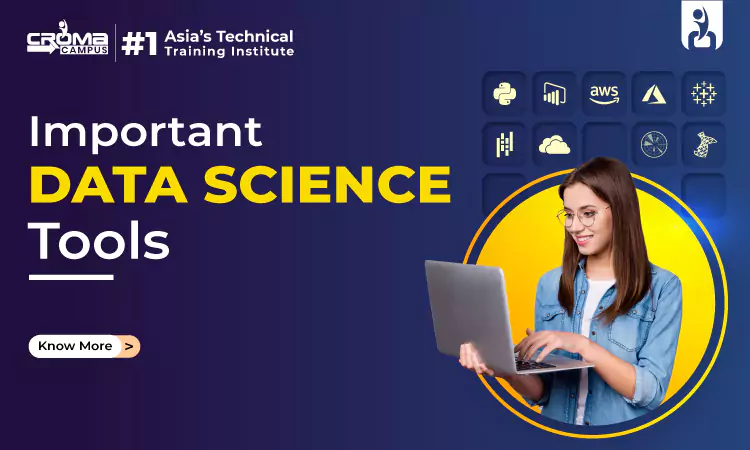
In the digital age, the realm of data science stands as a beacon of innovation and discovery. As we step into 2025, the landscape of data science tools continues to redefine how we extract, analyse, and utilize information. From the evolution of AutoML platforms to the emergence of privacy-preserving analytics and Blockchain integration, these tools signify a transformative era in data-driven decision-making. This section explores the pivotal tools that have come to the forefront, empowering Data Scientists worldwide to unravel insights from vast and intricate datasets, fostering a future where data becomes the cornerstone of informed choices and ground-breaking discoveries.
Top Essential Data Science Tools For 2025
In 2025, the field of data science has continued to evolve rapidly, with a surge in innovative tools and technologies. The Data Science Course program enables professionals to learn using different tools for the best results in Data Science. These tools empower Data Scientists to extract meaningful insights from vast and complex datasets, enabling better decision-making across various industries.
Here are some of the important data science tools that have gained prominence in 2025.
- AutoML Platforms
Automated Machine Learning (AutoML) platforms have become increasingly popular. These tools streamline the process of model selection, feature engineering, and hyperparameter tuning, allowing even non-experts to build robust Machine Learning models efficiently.
- Augmented Analytics
Augmented analytics platforms leverage Machine Learning and AI to enhance data preparation, visualization, and interpretation. They assist Data Scientists by automating insights generation, anomaly detection, and predictive analytics.
- MLOps Tools
MLOps (Machine Learning Operations) tools have seen significant growth, focusing on managing and deploying Machine Learning models at scale. They streamline the development, testing, deployment, and monitoring of models in production environments.
- Explainable AI (XAI) Tools
As the need for transparent and interpretable AI models grows, Explainable AI tools have gained traction. These tools help in understanding and interpreting complex Machine Learning models, making their decision-making process more transparent and trustworthy.
- Graph Analytics Platforms
With the rising importance of understanding interconnected data, graph analytics platforms have become essential. They specialize in analysing relationships and networks, finding applications in social networks, fraud detection, and recommendation systems.
- Time Series Analysis Tools
Given the prevalence of time-dependent data in various domains like finance, IoT, and healthcare, specialized time series analysis tools have become crucial. These tools offer sophisticated methods to model, forecast, and analyse time-stamped data.
7. Big Data Processing Frameworks
Handling massive volumes of data continues to be a challenge, and frameworks like Apache Spark, Dask, and Flink remain pivotal. They provide scalable and distributed computing capabilities, enabling efficient processing of large datasets.
- Natural Language Processing (NLP) Libraries
NLP has seen remarkable advancements. Libraries such as Hugging Face's Transformers, spaCy, and AllenNLP have enabled sophisticated text analysis, sentiment analysis, language translation, and chatbot development.
- Cloud-Based Data Science Platforms
Cloud-based platforms offering integrated data science environments have become increasingly popular. Services like Google Cloud AI Platform, AWS SageMaker, and Microsoft Azure Machine Learning provide scalable resources for data analysis and model development.
- Privacy-Preserving Tools
With growing concerns about data privacy and regulations, tools that enable privacy-preserving analytics have gained importance. Differential privacy techniques and federated learning frameworks help in analysing data while preserving individual privacy.
- Data Visualization Tools
Enhanced data visualization tools have emerged, allowing for intuitive and interactive representation of complex datasets. Tools like Tableau, Power BI, and Plotly provide dynamic visualizations for better insights presentation.
- Blockchain for Data Integrity
In industries where data integrity and security are paramount, Blockchain-based solutions have gained traction. These tools ensure data immutability and traceability, enhancing trust in data transactions.
The landscape of data science tools in 2025 is diverse and continually expanding to meet the evolving needs of businesses and researchers. Keeping pace with these innovations allows Data Scientists to leverage advanced technologies and methodologies for more impactful analysis and decision-making.
Note: Croma Campus is one of the best and accredited EdTech companies for providing a Data Engineering Course. You can check the details about the course, fees, and duration.
You May Also Read:
Python Programming for Beginners
Python Interview Questions and Answers
Data Science Interview Questions and Answers
Artificial Intelligence and Machine Learning
Machine Learning and Deep Learning
Machine Learning Interview Questions
Conclusion
In the ever-evolving landscape of data science, the array of tools available in 2025 reflects a remarkable fusion of innovation and practicality. These tools, ranging from AutoML platforms to privacy-preserving analytics and Blockchain integration, epitomize the field's dynamism. They empower Data Scientists to navigate complex datasets, extract actionable insights, and fuel informed decision-making. Aspiring professionals can join the Best Data Science Course in Delhi to get hands-on training experience with different Data Science tools. As technology advances, embracing these tools not only amplifies analytical capabilities but also underscores the ongoing commitment to harnessing data's transformative potential across industries, paving the way for a data-driven future.
Subscribe For Free Demo
Free Demo for Corporate & Online Trainings.
Your email address will not be published. Required fields are marked *
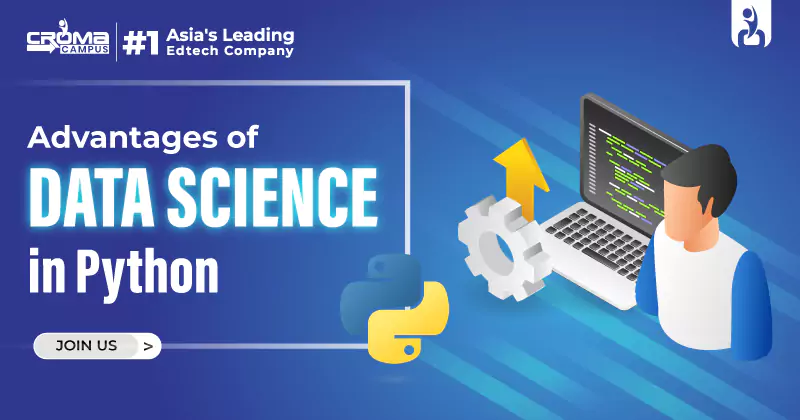
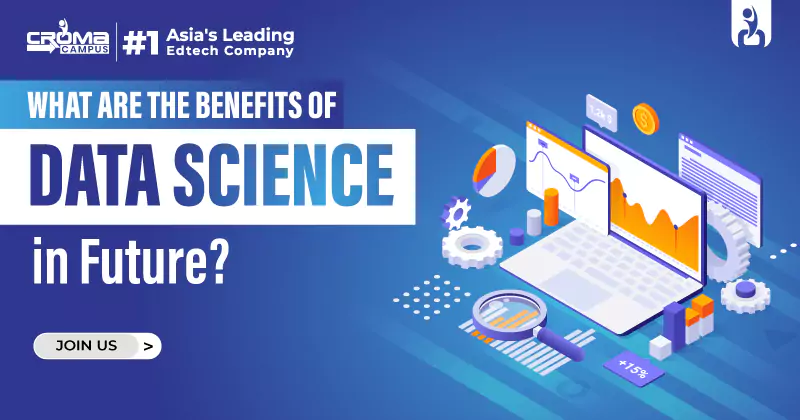
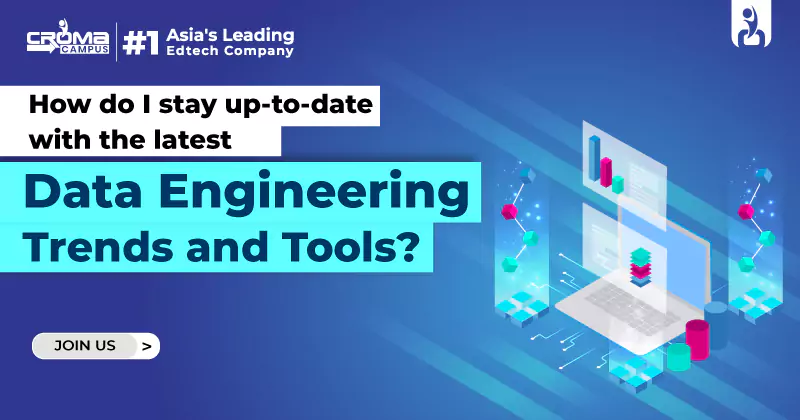
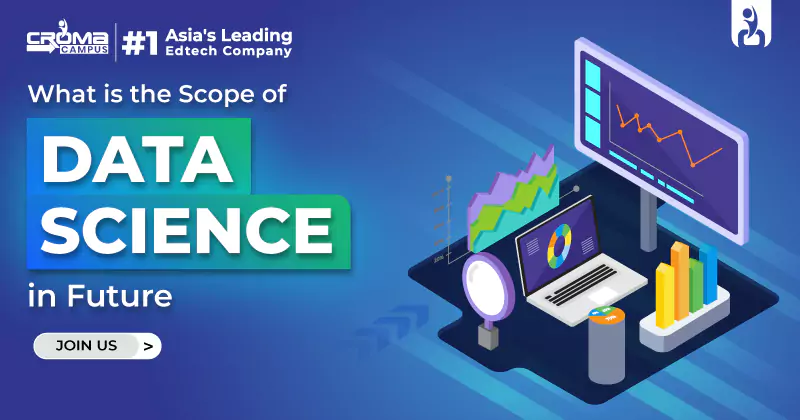

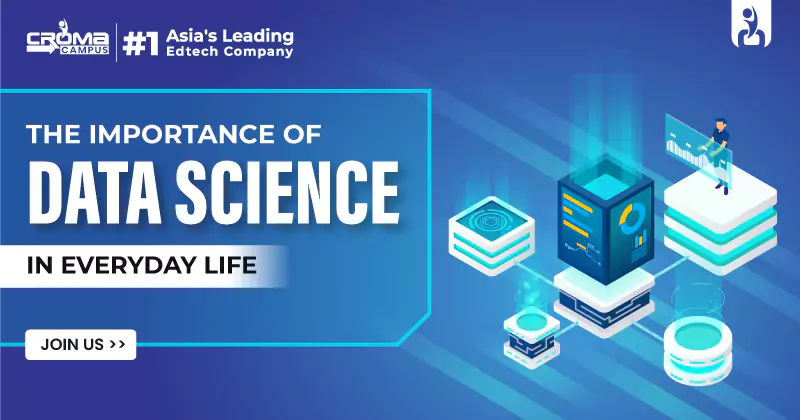
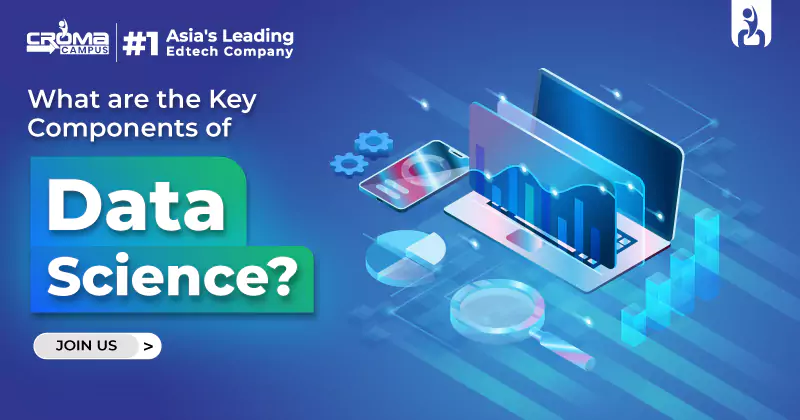


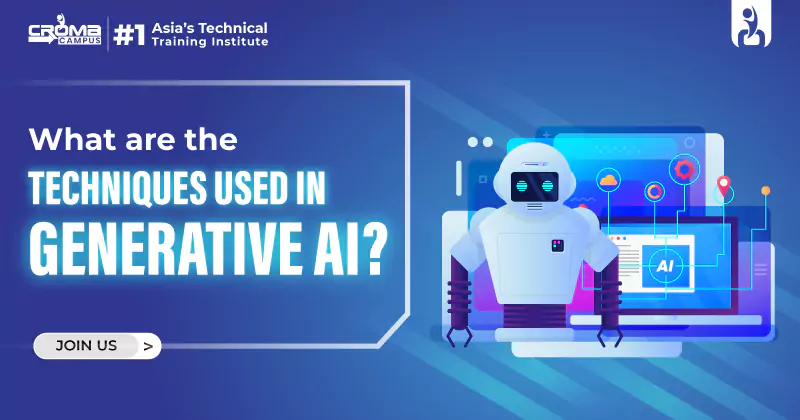

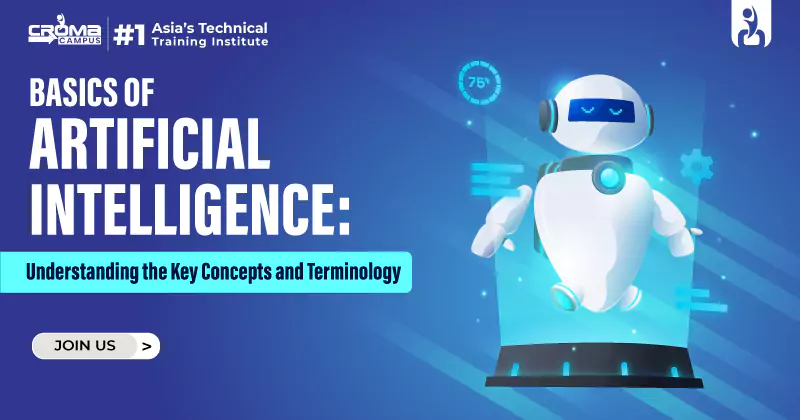










 Master in Cloud Computing Training
Master in Cloud Computing Training